|
This post is sponsored by College Prep Science. Copyright 2020 by Greg Landry.
College admission standardized tests like the ACT and SAT are critically important for two reasons - they are an important part of the college admission decision and academic scholarships are often based on this score (higher score usually means more scholarship money). This score may make the difference in a college acceptance decision or in thousands or tens of thousands of dollars in scholarships. I started helping homeschooled students with ACT prep over 14 years ago as I helped our children and then students from other families in classes. Now, more than ever, it makes sense to laser focus on the ACT. First, a little background. Most colleges and universities require that students take either the ACT or SAT and that the score is reported to them as part of a student's application process. All colleges and universities will accept either test for the application process. Some students take and report both. Since 2012, more students take the ACT than the SAT and that gap widens every year. The SAT is rapidly losing market share. While a majority of students used to prepare for and take both tests, more and more students are now focusing all of their preparation on the ACT and only taking the ACT. The conventional wisdom used to be that you should prep for, and take, both tests. The rationale was that because of the differences in the tests you may score significantly better on one than on the other. Actually, that rarely happens (although my anecdotal experience is that homeschooled students tend to perform better on the ACT). The scores for the vast majority of students who take both tests are very similar. Some would suggest that students should take the PSAT because of the chance of becoming a national merit scholar. But the chances of that happening are very, very small and in my opinion not worth the potential downside except in rare situations. Several reasons I believe students should laser focus (and become an expert) on taking the ACT:
Then, submit one (the best) of those 11th / 12th-grade scores to colleges to which you're applying. 99+% of colleges only require that you submit one of your scores. A few colleges require that you submit all of your ACT or SAT scores but state that they use your best score for admission consideration. Also, admissions personnel that I've had contact with view taking the test multiple times as a sign of a student's determination and perseverance - qualities they want to see in a student. The experience of taking the ACT multiple times over several years is so important! Imagine the difference between students who take the ACT for the first time in 11th or 12th grade vs. students who are thoroughly familiar with the test when taken in 11th or 12th grade because they've prepared for it for years and have taken it several times! It's huge! If your student is beyond 9th grade and hasn't started preparing for and taking the ACT yet, no worries - they can get started now and still make significant progress. Homeschool dad, scientist, and former college professor, Greg Landry, offers live, online homeschool science classes, Homeschool ACT Prep Bootcamp, the Homeschool Mom’s Science Podcast, in-person two-day science lab intensives nationwide, freebies for homeschool moms, and homeschool print publications that students can be a part of.
1 Comment
|
AuthorTerrie Bentley McKee is an author and speaker who homeschools her youngest daughter. Married to her husband Greg, they have four children, all of whom have special needs of varying degrees. Terrie is a follower of Jesus Christ and tries to glorify God in all she does. To read more about her testimony, click here. Affiliate LinksHomeschooling One Child is a participant in the Amazon Services LLC Associates Program, an affiliate advertising program designed to provide a means for sites to earn advertising fees by advertising and linking to amazon.com. Check out our YouTube channel!Check out our podcast!Please pin!Archives
January 2024
Categories
All
|
- Home
- Blog
- Podcast
-
Resources
- Teach What is Good Devotional
-
Convention Resources
>
- Homeschooling a Teen with Autism
- Tips on Creating a Disability-Inclusive Church
- How to Teach Your Exceptional Child about Faith
- Homeschooling Preschoolers with Autism
- How to Pick Developmentally Appropriate Curriculum for your Autistic Child
- Overwhelmed
- Homeschooling One Child
- Life Skills Chickens
- Strategies on Homeschooling Kids with Special Needs
- About Us >
- Vlog
- Homeschooling News
- Printables
- Special Needs
- Curriculum
- Encouragement
- Home Management >
- History
- Science
- 25 Days of Advent
- Courses
- Store
(C) 2023 Terrie Bentley McKee ALL RIGHTS RESERVED
- Home
- Blog
- Podcast
-
Resources
- Teach What is Good Devotional
-
Convention Resources
>
- Homeschooling a Teen with Autism
- Tips on Creating a Disability-Inclusive Church
- How to Teach Your Exceptional Child about Faith
- Homeschooling Preschoolers with Autism
- How to Pick Developmentally Appropriate Curriculum for your Autistic Child
- Overwhelmed
- Homeschooling One Child
- Life Skills Chickens
- Strategies on Homeschooling Kids with Special Needs
- About Us >
- Vlog
- Homeschooling News
- Printables
- Special Needs
- Curriculum
- Encouragement
- Home Management >
- History
- Science
- 25 Days of Advent
- Courses
- Store
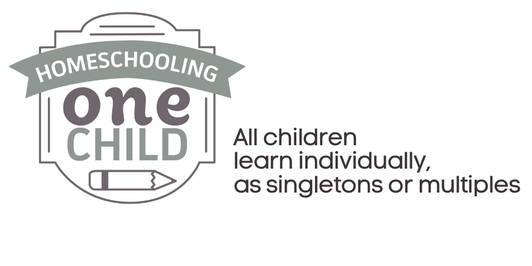
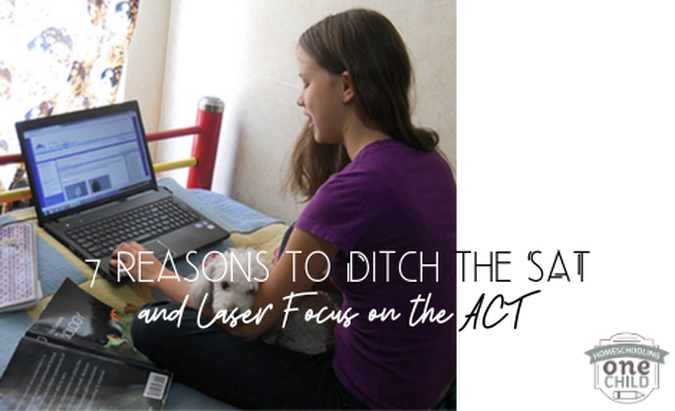
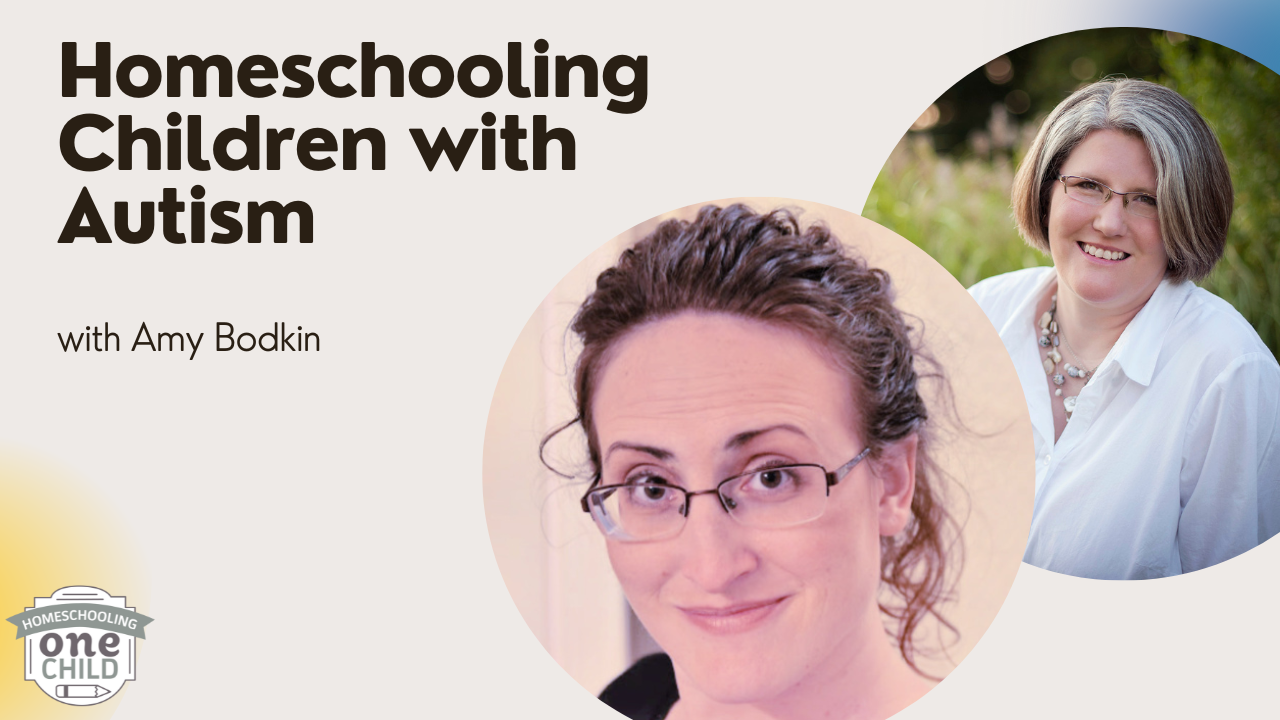

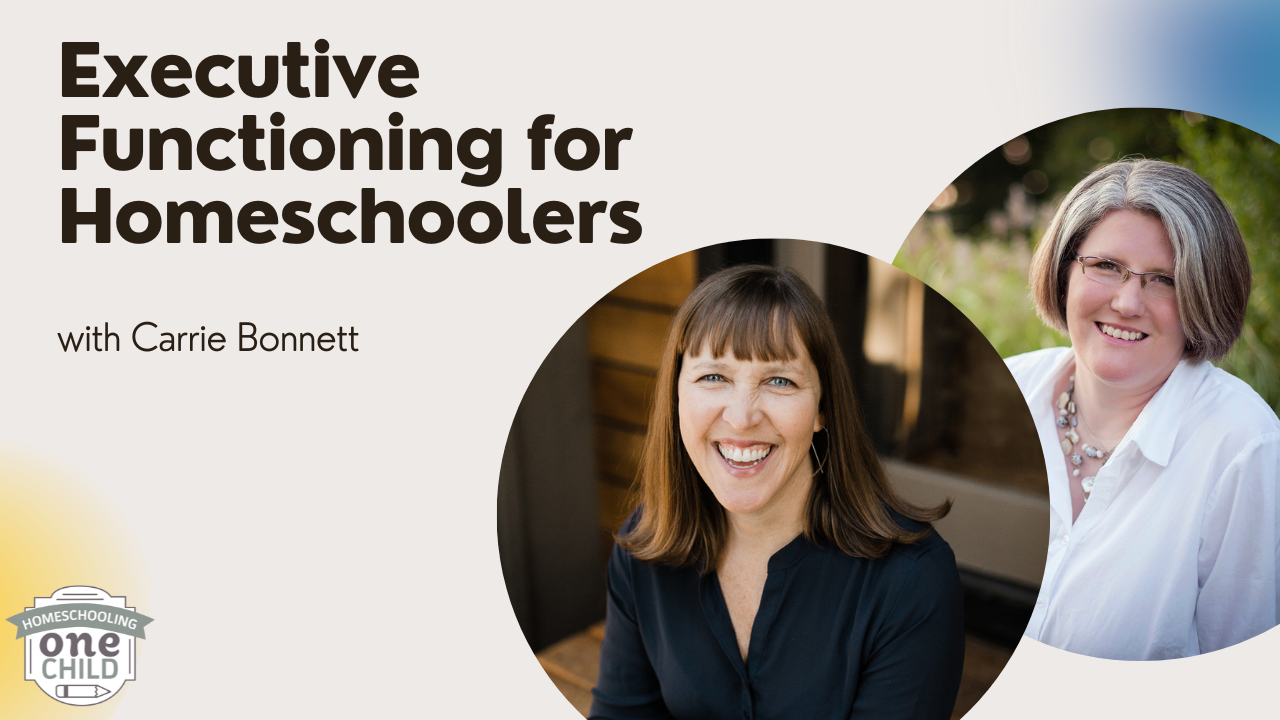
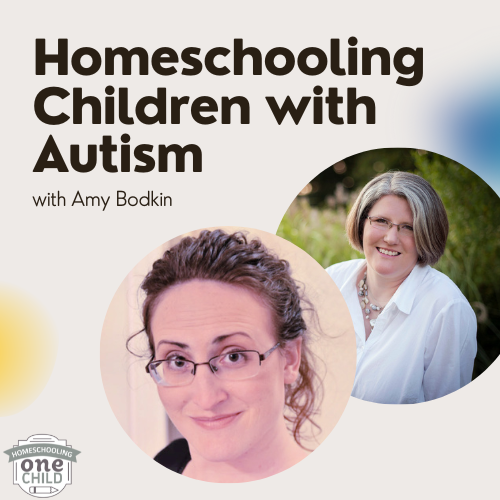


 RSS Feed
RSS Feed
